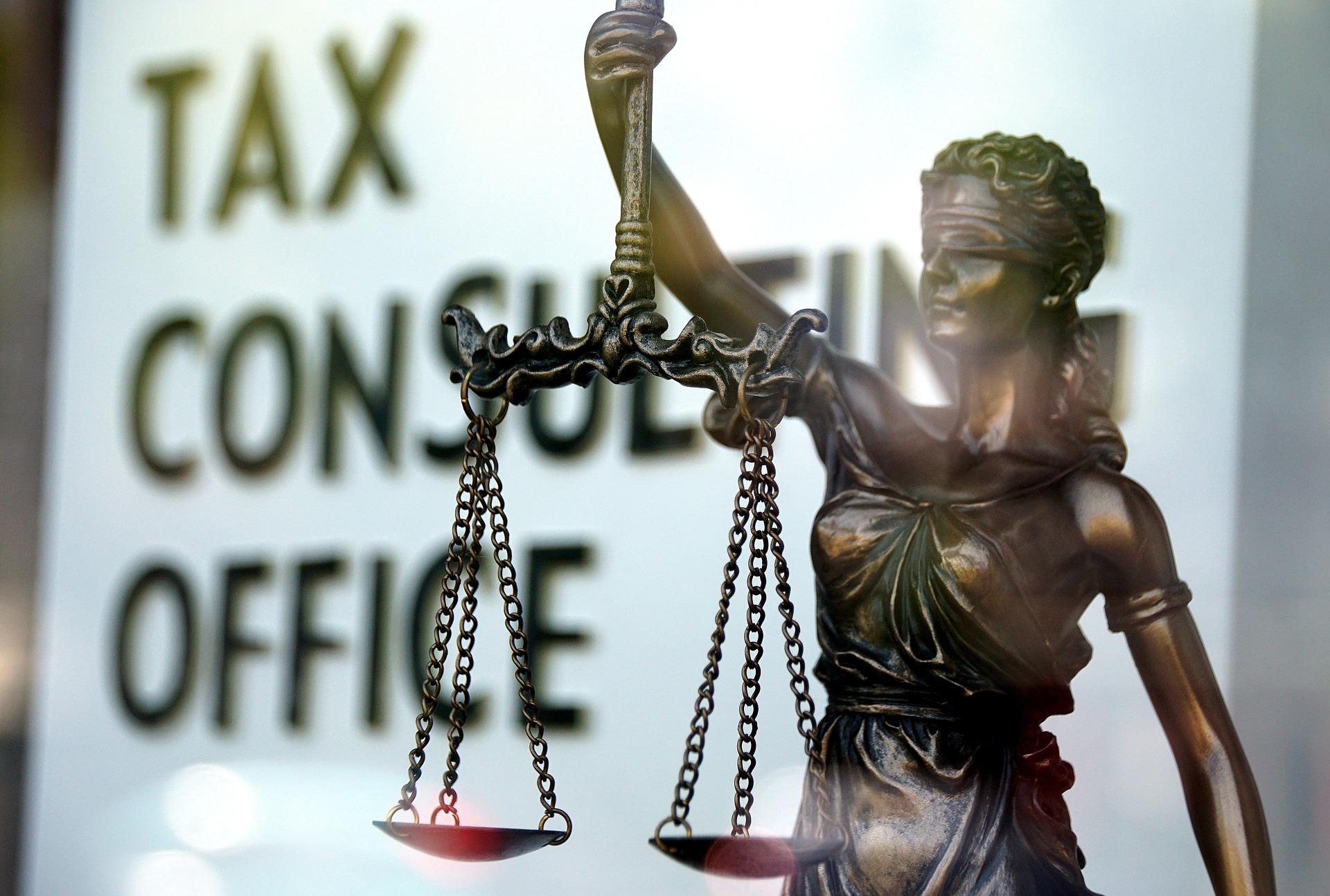The Intricacies of Jury Nullification: A Closer Look
The concept of jury nullification, though not often discussed, is a pivotal aspect of the U.S. judicial system. This article will delve into the historical context, recent developments, and societal implications of this legal phenomenon. Jury nullification traces its roots back to the early days of English law. The power of the jury to nullify a law it deems unjust was first exercised in the 1670 case of William Penn, who was acquitted despite openly violating the Conventicle Act, which prohibited religious gatherings of more than five people outside the Church of England. This case set a precedent for the jury's right to act on conscience over obedience to the law.

Jury Nullification in the United States
In the U.S., jury nullification was formally acknowledged in the 1794 case of Georgia v. Brailsford. Chief Justice John Jay stated that jurors have the right to judge both the law and the facts. However, it’s worth noting that while juries have the power to nullify, they’re not explicitly informed of this right, which has been upheld in court decisions like United States v. Moylan in 1969 and United States v. Krzyske in 1988.
Recent Developments and Controversies
In recent years, jury nullification has been a subject of contentious debate. Some advocate for its broader use as a tool for citizens to push back against laws they perceive as unjust, while others warn it could lead to legal anarchy. Notable cases of jury nullification include the acquittal of marijuana growers in states where its use is still illegal, highlighting the tension between state and federal laws.
Societal Implications of Jury Nullification
The societal implications of jury nullification are multi-dimensional. On one hand, it represents direct citizen involvement in the administration of justice, potentially serving as a check on oppressive laws. On the other hand, it can also lead to inconsistent application of justice, as it allows jurors to decide cases based on personal beliefs rather than the rule of law.
Looking Ahead: The Future of Jury Nullification
As we move forward, the role of jury nullification in our legal system will likely continue to evolve. Growing societal awareness about this legal tool might stir more debates about its use and potential reforms. Whether perceived as a safeguard of justice or a loophole in the legal system, the concept of jury nullification undeniably holds a unique place in the U.S. judicial landscape.
In conclusion, jury nullification is a complex legal phenomenon that dates back centuries. Despite its potential to shift the course of legal proceedings, it remains a relatively under-discussed aspect of the U.S. judicial system. As we look to the future, understanding the nuances of jury nullification becomes increasingly important in our collective pursuit of justice.





